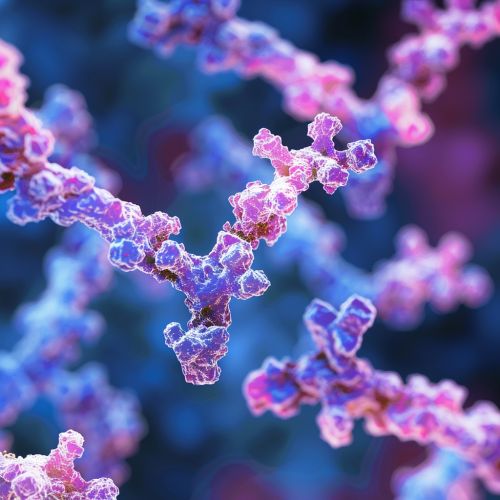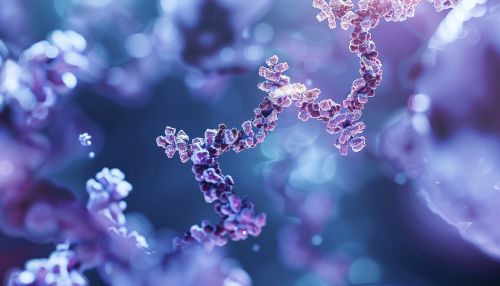Monoclonal Antibodies
Introduction
Monoclonal antibodies (mAbs) are laboratory-made molecules engineered to serve as substitute antibodies that can restore, enhance, or mimic the immune system's attack on cells. They are designed to bind to antigens, which are specific proteins on the surface of cells. This binding can trigger an immune response that destroys the cell, block a biological function necessary for disease growth, or deliver radiation or drugs directly to the cancer cells biological therapy.
History and Development
The development of monoclonal antibodies revolutionized the way we treat diseases. The concept of using the immune system to fight disease has been around for centuries, but it wasn't until the late 20th century that scientists were able to harness this power in a targeted and controlled way. The first successful production of monoclonal antibodies was reported by Georges Köhler and César Milstein in 1975, a breakthrough that earned them the Nobel Prize in 1984.
Production
The production of monoclonal antibodies involves creating a hybrid cell called a hybridoma. This is achieved by fusing a specific type of cancer cell, called a myeloma, with an immune cell, known as a B cell. The resulting hybridoma cells are able to both produce the desired antibody and divide indefinitely. This allows for the production of large quantities of the monoclonal antibody.
Types of Monoclonal Antibodies
There are several types of monoclonal antibodies, each with its own method of action and use. These include murine, chimeric, humanized, and fully human antibodies. Murine antibodies are derived entirely from mice, while chimeric and humanized antibodies are genetically engineered to contain both human and mouse components. Fully human antibodies, as the name suggests, are derived entirely from human genes.
Uses and Applications
Monoclonal antibodies have a wide range of uses in both the diagnosis and treatment of disease. In medicine, they are used in the treatment of a variety of conditions, including cancer, autoimmune diseases, and infectious diseases. They are also used in diagnostic tests for conditions such as pregnancy and infectious diseases, as well as in research to study the immune system and develop new treatments.
Side Effects and Risks
Like all medical treatments, the use of monoclonal antibodies carries the risk of side effects. These can range from mild reactions, such as fever and chills, to more serious complications, such as allergic reactions and heart problems. The risk of side effects can be influenced by a variety of factors, including the specific type of monoclonal antibody used, the condition being treated, and the patient's overall health.
Future Directions
The field of monoclonal antibody therapy is rapidly evolving, with new developments and applications emerging regularly. Current research is focused on developing new types of monoclonal antibodies, improving the effectiveness of existing ones, and finding new uses for this versatile class of drugs.
See Also


